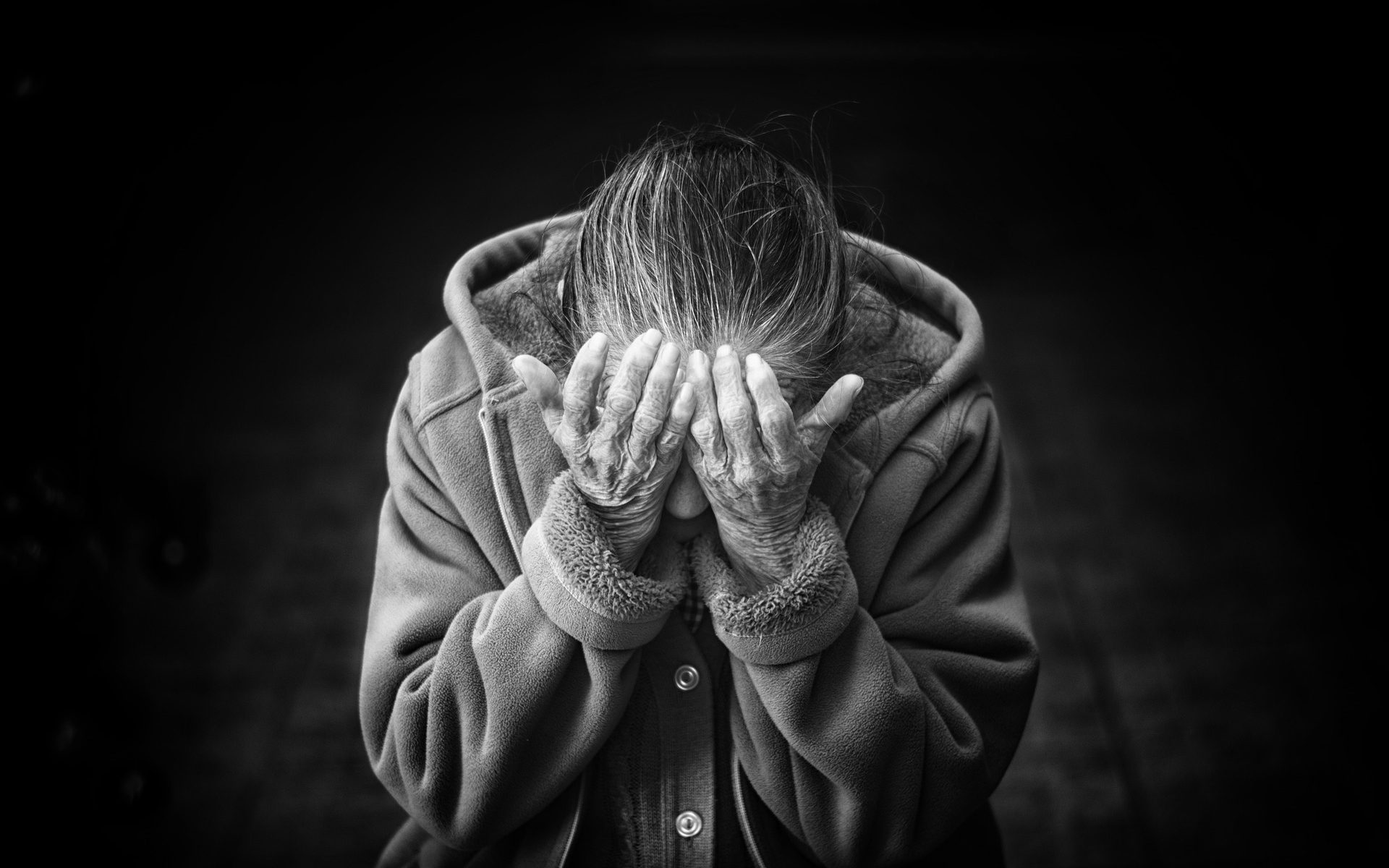Guest article from 1stclassmed.com
For many people recently diagnosed with chronic obstructive pulmonary disease (COPD), their mental health begins to decline.
There are many reasons COPD can lead to depression but one possible reason is because the patient often blames themselves for smoking too much (note: not everyone with COPD smoked in their lifetime).
Many with COPD feel unable to do what they once did, which can also lead to a state of depression.
There is minimal research as to whether COPD can be worsened by depression, so more studies will need to be done in order to determine if it plays a role.
However, it is important to seek help if you have depressed feelings in order to boost your mood and keep your COPD diagnosis positive.
How COPD can Lead to Depression:
For many with COPD, you feel like you are slowly unable to do what you once could.
Common symptoms of COPD include breathlessness, coughing and wheezing, all of which can make it hard to do normal daily activities.
These changes can affect your mood, as you may feel frustrated and sad from being unable to do what you once could.
Depression can cause feelings of sadness as well as lack of interest in things you once enjoyed such as exercising, socializing, or running errands, and make it difficult to follow a COPD management plan that your doctor has put in place, as you may not have the motivation to take medications or attend a doctor’s appointment.
Although research is limited, a study published in CHEST Journal in April 2016 found that nearly 10 percent of patients with COPD also have anxiety and depression.
Another study done by the University of Texas (also published in CHEST Journal) showed that possibility of a 30-day readmission to the hospital was higher in those with COPD who also had depression or anxiety.
What to Do if You Notice Signs of Depression:
Some of the main indicators that you may be dealing with depression include: irritability, sadness, hopelessness, guilty/worthless, and thoughts of suicide.
Lesser noticeable (but still common) signs include: trouble sleeping, trouble concentrating, lack of interest in others and activities, and lethargy.
The important step is to seek medical attention if you begin to feel any of the above ways.
COPD and depression have a lot of similar symptoms, so reaching out to a healthcare professional can help you determine the cause of your symptoms.
Your primary care physician or pulmonologist should be able to get you the help you need via medications, therapists, or referring you to a mental health expert with more knowledge about mental health and COPD.
This support from your medical team can help you overcome depression and focus on your COPD treatment.
You should also look into online support groups to talk with others who may have COPD and feel the same as you.
Friends & Family:
It is also important for friends and family to step up and check in on their loved ones.
If you notice they aren’t getting out as much or just seem down every time you visit, try and get them out and active if you can.
See what they are willing to tolerate, get them involved in conversations, but know that bluntly asking if they are depressed will most likely not bring a resolution (or an honest answer).
Just keep in mind that a patient is responsible for themselves and though you may be able to help, you are not fully responsible for their well-being.
Takeaway:
The inability to do daily tasks you once could before COPD can lead to sadness and loss, but it doesn’t mean it needs to be permanent.
COPD is not a death sentence, and patients with COPD should not feel as though it is.
If you start to feel some of the above listed symptoms, reach out to your primary care provider or pulmonologist and ask for help.
There is no reason to feel alone during this time, as friends, family, medical professionals, and support groups are all great resources to help you overcome these feelings of depression and continue living happily and healthily.
Photo By: Pixabay


